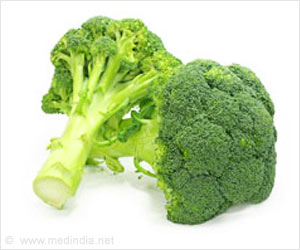Carnosine - a compound found in chicken soup helps the body's immune system to fight the early stages of flu, say researchers.

Chicken soup's benefits have been identified before. Over a decade ago, Dr Stephen Rennard, of the University of Nebraska Medical Center, Omaha, wanted to find out why his wife's recipe for chicken soup was so healing.
Using blood samples from volunteers, he showed that the soup inhibited the movement of the most common type of white blood cell, neutrophils, which defend against infection.
Dr Rennard theorised that by inhibiting the migration of these infection-fighting cells in the body, chicken soup helps reduce upper respiratory cold symptoms. But he couldn't identify the exact ingredients in the soup that made it effective against colds, the Daily Mail reported.
The tested soup contained chicken, onions, sweet potatoes, parsnips, turnips, carrots, celery stems, parsley, salt and pepper.
The researchers also found many commercial soups had a similar inhibitory effect. It is probable that the combination of nutrients worked in synergy to provide the beneficial effect.
Advertisement
It proved what ENT surgeons (experts in the upper airways, including the larynx) have long known: hot fluids help increase the movement of nasal mucus. This in turn clears the airways, easing congestion.
Advertisement
Also, researchers at the University of Nebraska found the combination of vegetables and poultry in soup could help alleviate respiratory tract inflammation that results in feeling bunged-up.
All nutrients have some involvement in the complex workings of the immune system.
Evidence suggests that organosulfides (naturally occurring chemicals found in garlic and onions), together with Vitamin D, stimulate production of immune cells called macrophage, while Vitamin C has an influence on both levels of neutrophils, and another type of immune chemical, interferon.
Vitamin A and carotenoids, found in carrots (a common ingredient of bouillon, the base of any good stock), help antibody production, while Vitamin E and zinc can influence the concentration of lymphocytes, a type of white blood cell.
Source-ANI










